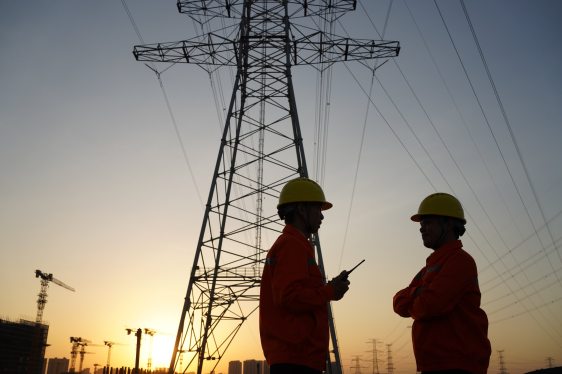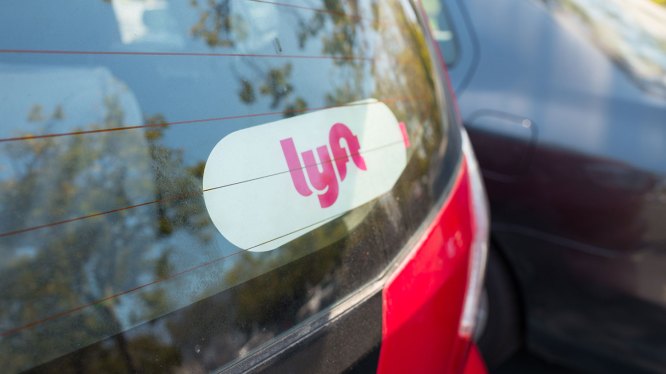Google Partners with Kairos Power to Build Carbon-Free Data Centers
In a significant move towards reducing its carbon footprint, Google has announced a deal with nuclear startup Kairos Power to build seven small reactors that will supply electricity to its data centers. This agreement promises to add around 500 megawatts of carbon-free electricity at a time when energy demand for data centers and AI is surging.
A New Era in Nuclear Power
The new power plants are scheduled to come online by the end of the decade, according to Google. It’s not clear whether the reactors would hook up directly to Google’s sites or feed into the grid with Google claiming the carbon-free power through its agreement with Kairos. This development marks a significant shift towards nuclear power as Google joins Microsoft and Amazon in turning to this clean energy source to satiate its thirst for electricity.
A Growing Trend
With this deal, Google is following in the footsteps of other tech giants that are increasingly turning to nuclear power. In September, Microsoft announced that it would pay Constellation Energy to restart a reactor at Three Mile Island that was shuttered in 2019. Earlier this year, Amazon said it would build a hyperscale data center and directly connect it to another nuclear plant in Pennsylvania.
Kairos Power: A Leader in Small-Modular Reactors
Kairos is one of a new breed of nuclear startups building small-modular reactors (SMRs) to lower the cost and speed up the construction of nuclear power plants. Most nuclear plants are massive installations, supplying 1,000 megawatts or more but taking years to plan and nearly a decade to build. The newest fission reactors in the U.S., Vogtle Units 3 and 4 in Georgia, were commissioned in 2023 and 2024, respectively, snapping a seven-year drought.
A New Approach
SMR startups are attempting to build nuclear power plants faster and cheaper by using mass production techniques to bring down costs and speed construction. Kairos tries to advance the technology further by cooling the reactor not with water but with molten salts of lithium fluoride and beryllium fluoride. The Nuclear Regulatory Commission has approved the startup’s plans for a 35-megawatt demonstration reactor, something that has eluded Oklo, another SMR startup.
Challenges Ahead
Despite regulatory approval, Kairos still faces significant challenges. No commercial small-modular reactors have been commissioned yet, which means the economics remain largely unproven. On top of that, Kairos’ molten salt design bucks decades of industry experience with water-cooled reactors. But Kairos’s biggest challenge might not be technical at all.
Public Perception
While 56% of Americans say they favor nuclear power, according to a Pew Research survey, 44% remain opposed. The number opposed might rise when reactor sites are picked; the Pew survey only asked people if the U.S. should expand nuclear power generally, not in their backyards. What’s more, while support for nuclear power is near a recent high, far more people support wind and solar technologies that are available today and cost far less than new nuclear power plants.
The Future of Nuclear Power
As we move forward with the development of small-modular reactors like those proposed by Kairos Power, it will be essential to address public concerns about safety and environmental impact. By investing in clean energy sources like nuclear power, we can reduce our reliance on fossil fuels and mitigate climate change.
Key Players
- Google: Partnering with Kairos Power to build carbon-free data centers
- Microsoft: Restarting a reactor at Three Mile Island that was shuttered in 2019
- Amazon: Building a hyperscale data center connected directly to another nuclear plant in Pennsylvania
- Kairos Power: Developing small-modular reactors for faster and cheaper construction
- Nuclear Regulatory Commission (NRC): Approving the plans for a 35-megawatt demonstration reactor
Timeline
- End of the decade: New power plants are scheduled to come online
- September: Microsoft announced it would pay Constellation Energy to restart a reactor at Three Mile Island
- Earlier this year: Amazon said it would build a hyperscale data center connected directly to another nuclear plant in Pennsylvania
Conclusion
Google’s partnership with Kairos Power marks a significant step towards reducing its carbon footprint. As we move forward with the development of small-modular reactors, it will be essential to address public concerns about safety and environmental impact. By investing in clean energy sources like nuclear power, we can reduce our reliance on fossil fuels and mitigate climate change.
Sources
- Pew Research Survey: Favorability towards nuclear power
- Kairos Power: Developing small-modular reactors for faster and cheaper construction
- Nuclear Regulatory Commission (NRC): Approving the plans for a 35-megawatt demonstration reactor
Note: This response is based on the provided text and does not include external sources or additional information.




